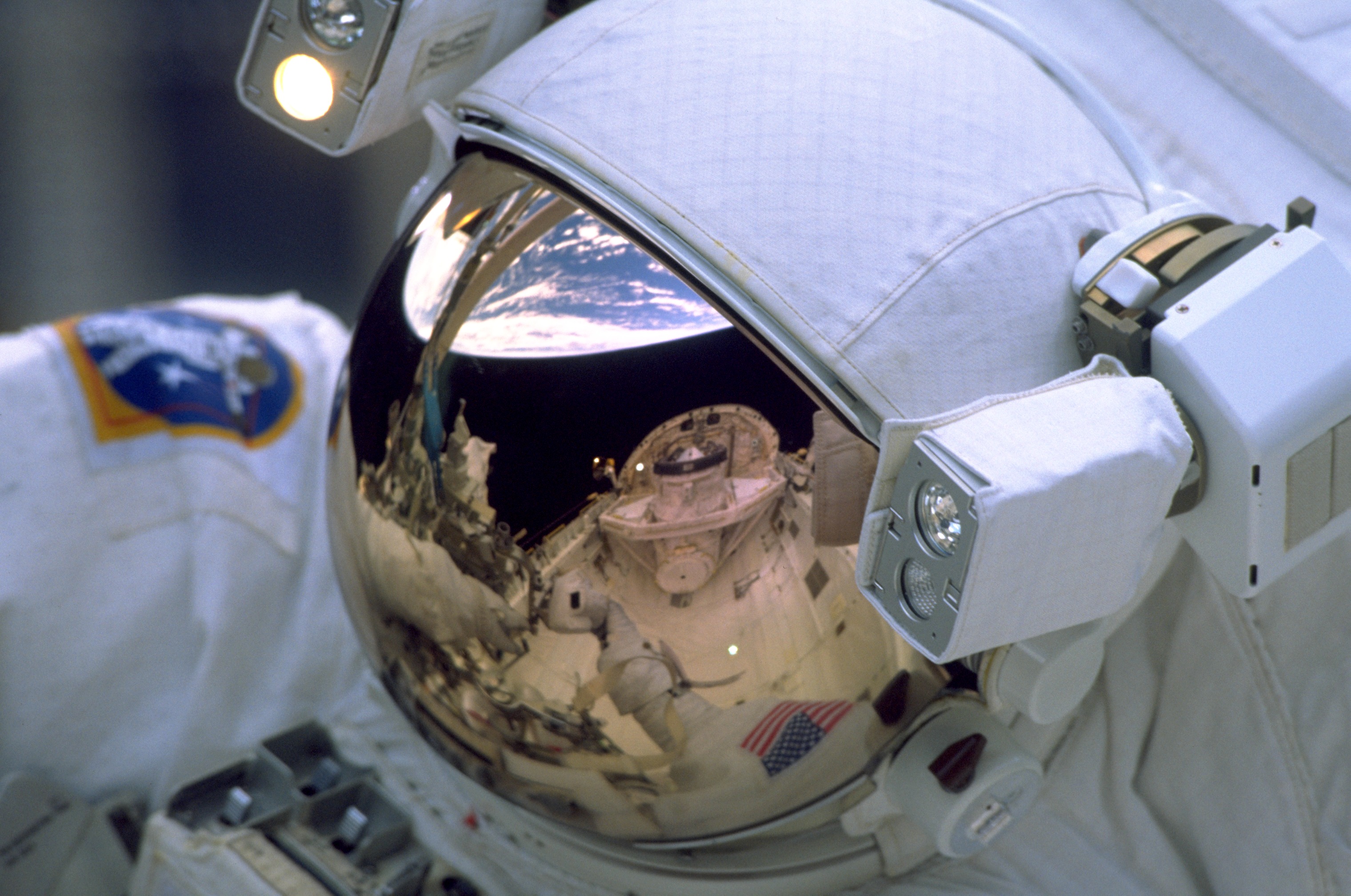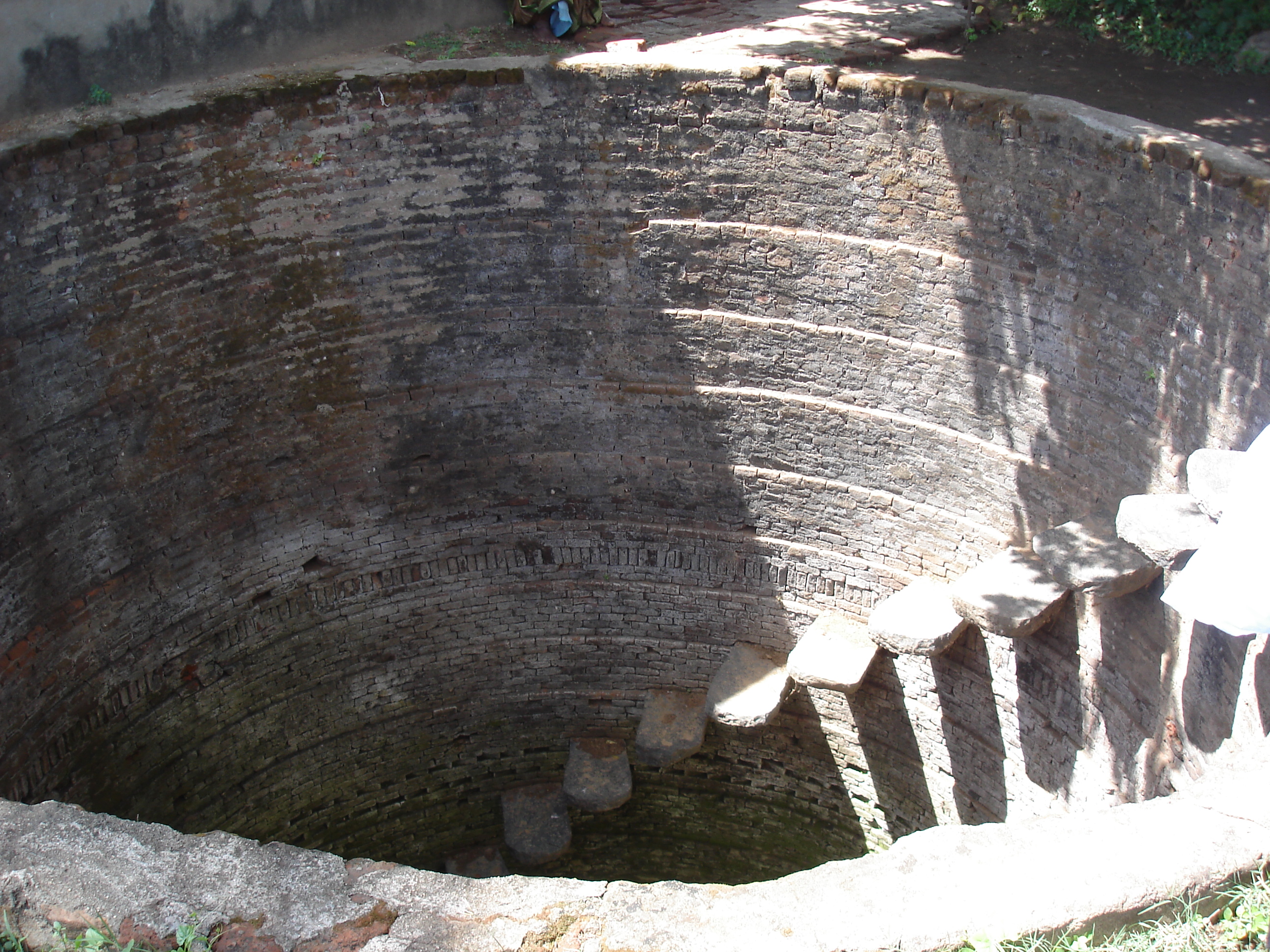
Space travel isn’t all glamor: Body odor and bad breath hang around; food and filth float; emotional pressure builds; weightlessness degrades bone and muscles; the body experiences higher radiation levels; and risks of kidney stones and eye problems mount.
Clearly, astronauts require a pioneering spirit, but near-future space colonists will need more than guts and gusto to thrive en route to, and on, other worlds. What constitutes an ideal astronaut candidate? Should we select space travelers based on genetic risk factors? Could we train colonists from childhood to be better adapted, mentally and physically, to life in space? And would we be willing to go to the extreme of changing what it means to be human?


